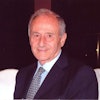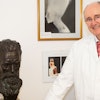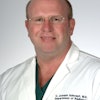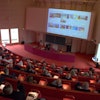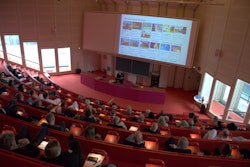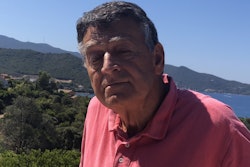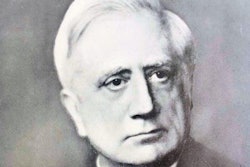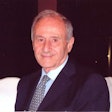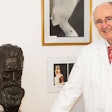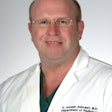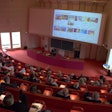Prof. Henrik Thomsen, who served as chief editor of Acta Radiologica for seven years, has stepped down. On 3 February, the journal posted a tribute to him, highlighting his contributions to radiology.
“As Professor Thomsen retires from his editorial duties, we celebrate a career characterized by innovation, leadership, and a profound dedication to advancing radiology. His influence on Acta Radiologica and the global radiology community will endure for years to come,” wrote Prof. Ole Graumann, chair of radiology at Aarhus University Hospital in Denmark.
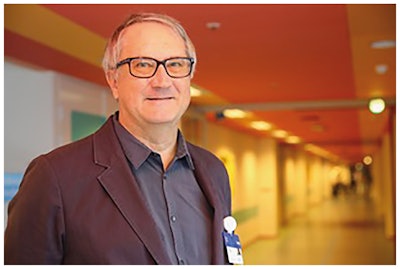 Prof. Henrik Thomsen. Courtesy of Acta Radiologica.
Prof. Henrik Thomsen. Courtesy of Acta Radiologica.
In global radiology circles, Thomsen will be most remembered for his protracted legal dispute with GE Healthcare. At a 2007 Oxford medical conference, he criticized the use of Omniscan, GE's best-selling MRI contrast agent, and described the side effects of nephrogenic systemic fibrosis (NSF).
After the libel case was resolved in February 2010, Thomsen said: "I stand by my publicly expressed opinion, based on my experience and research on published papers, that there is an association between the chemical formulation of gadolinium-based contrast agents and NSF. It was not my intention to suggest on the basis of the evidence then available to me that GE Healthcare had marketed Omniscan knowing that it might cause NSF."
Also, his lawyers spoke of their client's relief that "now he won't have to worry about his future financial position, and won't have to keep looking over his shoulder before he says anything."
During his career, Thomsen, who was born on 29 April 1953, has authored 655 manuscripts, 378 of which are indexed in PubMed. His work has advanced uroradiology, musculoskeletal radiology, and contrast media safety, and he has been a mentor for 13 PhD students, assessed dissertations, and participated in faculty appointments at notable institutions like Yale, the University of Manchester, and UCLA, Graumann noted.
Thomsen's influence extends well beyond the academic world, Graumann wrote. He played an essential role in implementing prostate MRI in Denmark and helping to spare patients unnecessary biopsies. Due to his commitment, radiology services in Denmark and other nations have experienced significant advancements, positively influencing both patients and healthcare professionals, according to Graumann.
As chair of the European Society of Urogenital Radiology's Contrast Media Safety Committee, Thomsen played a central role in updating the society's gadolinium guidelines in 2018.
“Thank you, Professor Thomsen, for your tireless commitment to radiology and for shaping Acta Radiologica into the respected publication it is today,” he wrote.
The full article is available here.
